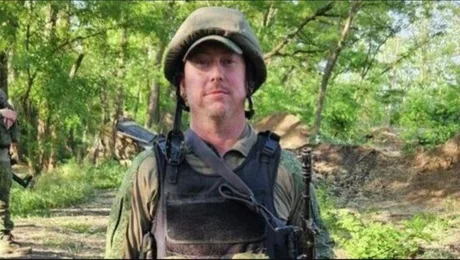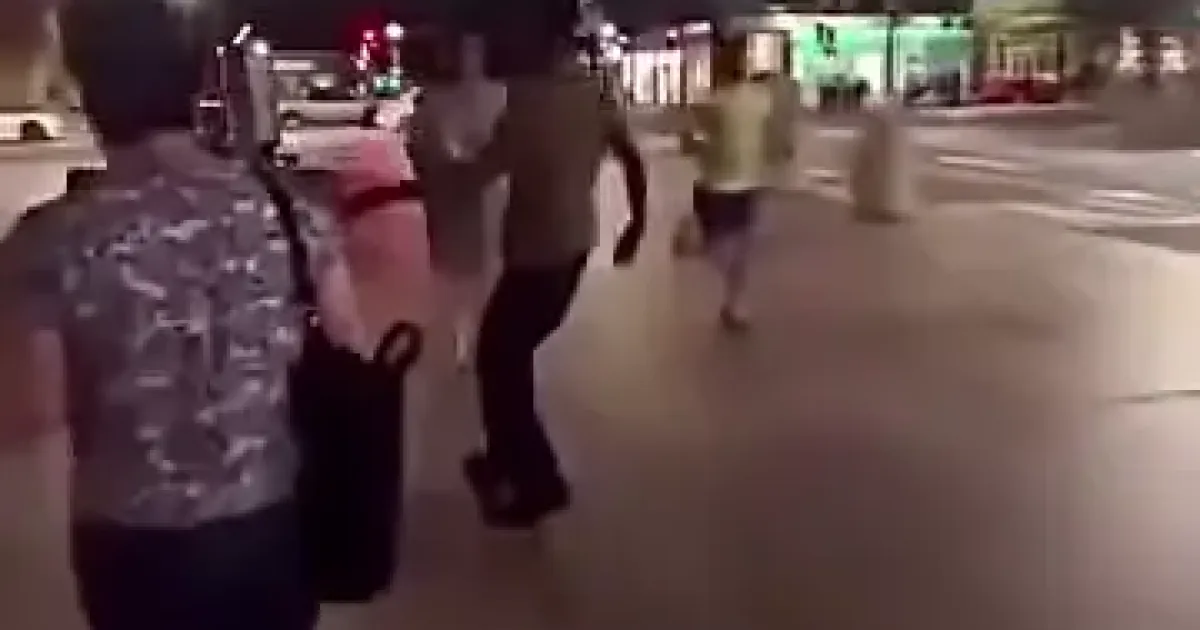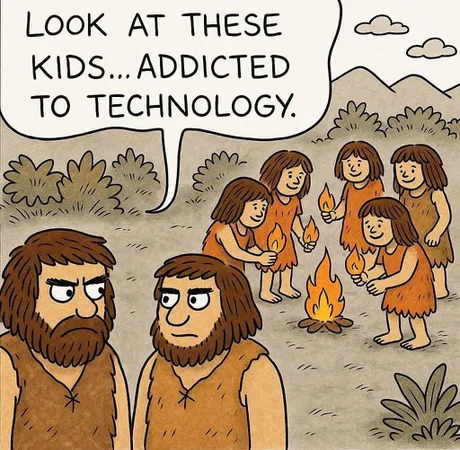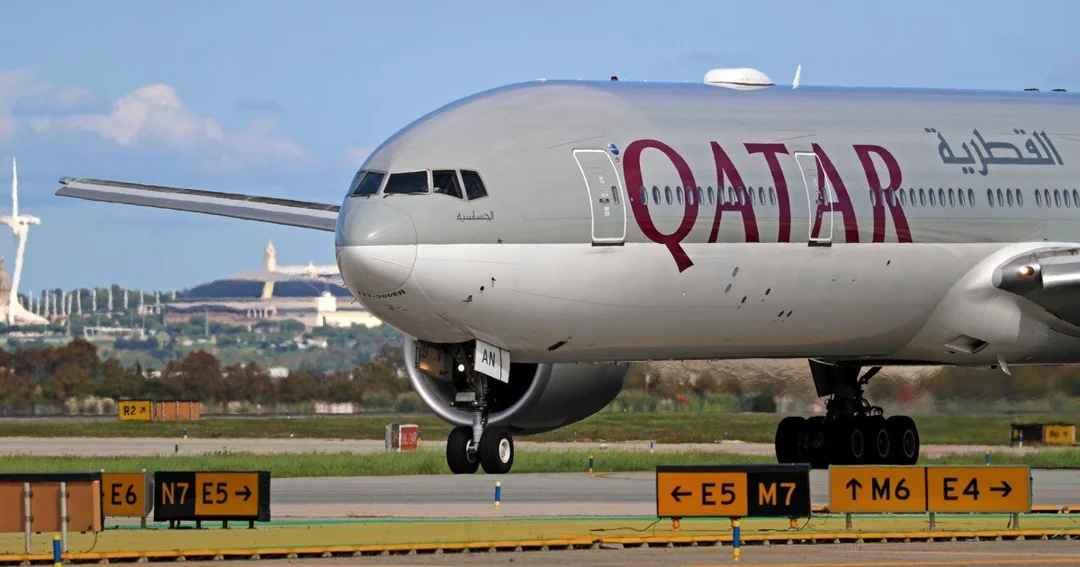
Detroit woman suing police, claiming faulty facial recognition technology led to unjust arrest
Faulty use of facial recognition technology led to the unjust arrest of a Detroit woman, she said in a federal lawsuit, alleging that police failed to ask basic questions that could've cleared her on the spot.
LaDonna Crutchfield, 37, was at home with her children on Jan. 23, 2024, when police took her away in handcuffs and accused her of being their prime suspect in an attempted murder, according to a complaint filed last week in U.S. District Court for the Eastern District of Michigan.
LaDonna Crutchfield.via Law Offices of Ivan L. Land
Crutchfield "was identified as a suspect by an unknown facial recognition database," the lawsuit said.
#Detroit #Woman #Police
Read More...

US Peoples, Demonstrate demanding the Gaza-Palestine Blockade, or else Trump will be impeached!!!
To U.S. citizens, you will be jointly responsible for the deaths of Gaza people & their children in the Tommorow!!
if you do not demonstrate & submit these demands to Trump!!! accompanied by an ultimatum of impeachment threats, if Trump & officials in the U.S. parliament do not do it immediately, then they will all be impeached by the U.S. people from office!!
👇🚨🌏🇵🇸🔥🔥🔥
https://maskugacerita.flarum.cloud/
https://bsky.app/profile/cybernetwalker.bsky.social
#news #community #update #global #unite #revolution #palestine #GCSC #endtimes #prophecy #civilsociety #ww3 #GreatReset #bunker
Read More...
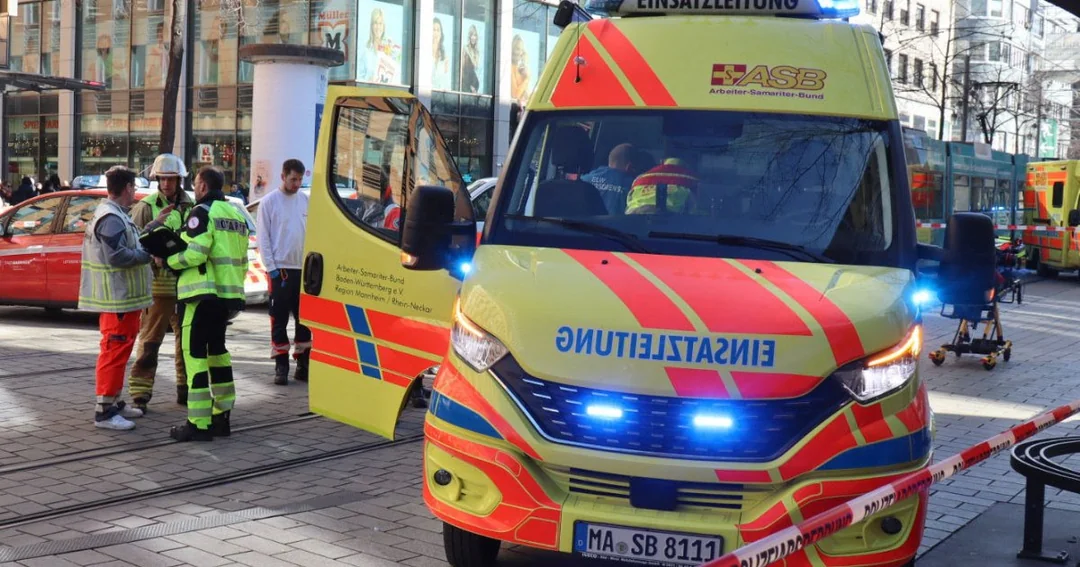
One killed and several injured in suspected car ramming in Mannheim, Germany
An 83-year-old woman and a 54-year-old man were killed and several more people were injured Monday in a suspected car ramming in the west German city of Mannheim, officials said.
A suspect was identified and arrested, Mannheim police said in a statement. A spokesperson for the state interior ministry in Stuttgart said the suspect is a 40-year-old German man who lives in the state of Rhineland-Palatinate. Police said at this time "it is not assumed that there is a political background."
The attack happened around 12:15 p.m local time. Five people were seriously injured, police said in a news release. Five others suffered minor injuries. They were all taken to different hospitals.
A major police operation was underway and people were urged to avoid the city center, which has been busy due to an ongoing carnival season. The Mannheimer Morgan newspaper spoke to an eyewitness who saw a car drive into several pedestrians.
#Germany #News #NBC
Read More...

Former Israeli Captive Noa Argamani Tells UN: Israeli Airstrikes Targeted Us, Killing Fellow Hostage
Former Israeli captive, Noa Argamani, describes at the United Nations how Israeli airstrikes targeted them during their captivity, killing her fellow captive Yossi Sharabi and nearly killing her too
#ONU #News #Israel
Read More...

One year ago today, in protest against U.S. support for the genocide of Palestinians 25-year-old U.S. Air Force serviceman Aaron Bushnell.
Tragically ended his life by self-immolating outside the Israeli Embassy in Washington, D.C.
#EUA #Israel #Palestine #War #News #Protest
Read More...



